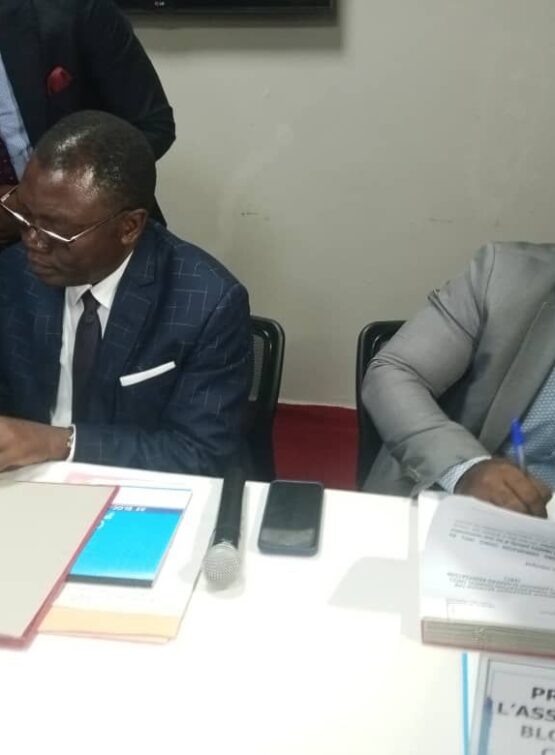In Cameroon, the formal education movement initiated half a century ago has not had the same impact in all the territory. The proportion of a success story has been unevenly distributed especially in the Northern part of the country sector.
It is against this backdrop that Plan International Cameroon in Partnership with the Ministry of Basic Education and the UNITED Nations International Children’s Emergency Fund (UNICEF) organised a two days’ workshop from the 17th -18TH of May 2022 themed “National Workshop for The Monitoring of Cooperation Activities in Priority Education Zones in Cameroon”.
The rapid changing context in which Cameroon has been experiencing major crises has contributed to over seven hundred thousand people fleeing from their homes for over four years, basic schools have been shut down and sexual violence, kidnapping, killings and over one million children need urgent education intervention.
The concern about the discrimination of children and girls in particular has remained a major obstacle to human development in Cameroon due to impediment such as exclusion, denial of resources and limited access to opportunities because of harmful norms.

“Plan international Cameroon is convinced of the need to reducing all forms of discrimination against children in all their diversities, to strengthen measures aimed at ensuring inclusive and quality education for all irrespective of their location” said Dr. Sayang Collins, Program Director at Plan International Cameroon
In his presentation, Mr Arsene Azandossessi, Deputy Representative at UNICEF said « It is in fact to analyse the challenges and issues of the concept of Zep, to make its implementation to the sometimes-mixed results in an evolving context with the emergence of the Decentralized Territorial Collectivities as actors of the educational policy in the country, to make a process that will lead to the emergence of a concept, renewed the zones of priority education well thought and well reflected that fits the social, political and the economic context of the country « .
In his presentation, Mr Arsene Azandossessi, Deputy Representative at UNICEF said « It is in fact to analyse the challenges and issues of the concept of Zep, to make its implementation to the sometimes-mixed results in an evolving context with the emergence of the Decentralized Territorial Collectivities as actors of the educational policy in the country, to make a process that will lead to the emergence of a concept, renewed the zones of priority education well thought and well reflected that fits the social, political and the economic context of the country « .

While stressing on the disparities in the educational system in Cameroon, Oyono Adams Daniel, and Secretary General at the Ministry of Basic Education mentioned that, despite the slight decline in poverty from 40.2% in 2001 to 37.5% in 2014, the poverty index is still a significant regional disparity. The rate of the poor population has increased due to faster population growth and the demographic issue of the education system is more important and will continue to be so.
The objective of the workshop is to produce a retrospective and a prospective action around the ZEP notion




